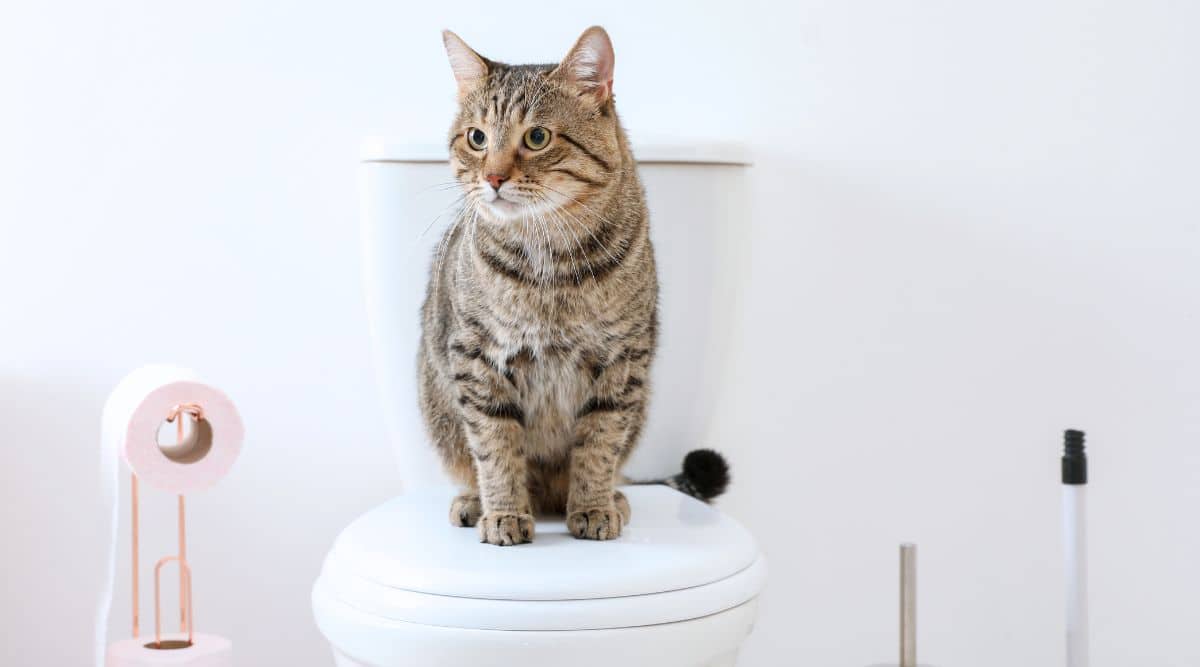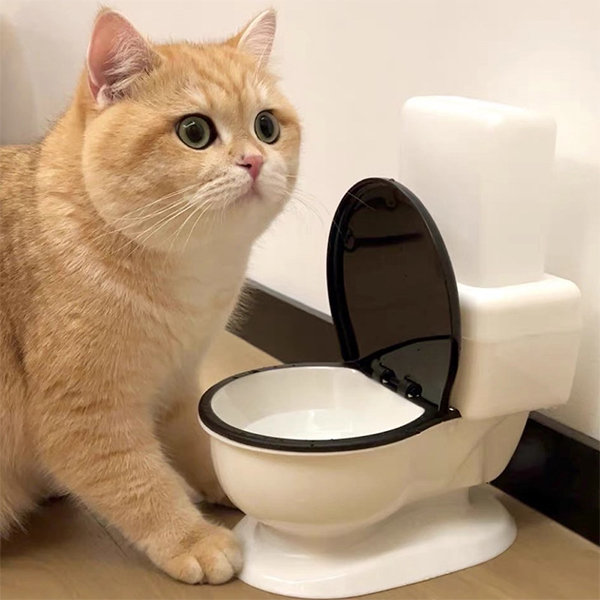The Consequences of Flushing Cat Poop Down Your Toilet - Safeguard Your Plumbing
The Consequences of Flushing Cat Poop Down Your Toilet - Safeguard Your Plumbing
Blog Article
Almost everyone will have their own individual way of thinking in relation to How to Dispose of Cat Poop and Litter Without Plastic Bags.

Introduction
As pet cat proprietors, it's important to bear in mind exactly how we get rid of our feline pals' waste. While it might seem practical to flush pet cat poop down the toilet, this practice can have damaging repercussions for both the atmosphere and human health.
Environmental Impact
Purging cat poop introduces harmful pathogens and parasites into the water, posing a significant threat to water communities. These pollutants can adversely influence marine life and compromise water top quality.
Health and wellness Risks
Along with environmental concerns, purging cat waste can also posture health and wellness dangers to human beings. Pet cat feces might contain Toxoplasma gondii, a parasite that can create toxoplasmosis-- a potentially serious illness, particularly for expecting females and people with weakened immune systems.
Alternatives to Flushing
Luckily, there are more secure and more responsible methods to take care of pet cat poop. Think about the adhering to alternatives:
1. Scoop and Dispose in Trash
The most common technique of dealing with feline poop is to scoop it into a biodegradable bag and toss it in the trash. Make certain to make use of a dedicated clutter scoop and deal with the waste without delay.
2. Use Biodegradable Litter
Opt for naturally degradable feline clutter made from products such as corn or wheat. These litters are environmentally friendly and can be safely thrown away in the garbage.
3. Hide in the Yard
If you have a lawn, take into consideration hiding cat waste in a marked location far from veggie gardens and water sources. Make certain to dig deep adequate to prevent contamination of groundwater.
4. Install a Pet Waste Disposal System
Buy an animal waste disposal system particularly created for pet cat waste. These systems make use of enzymes to break down the waste, decreasing odor and environmental influence.
Final thought
Responsible family pet possession expands past supplying food and sanctuary-- it also involves proper waste management. By avoiding flushing feline poop down the commode and selecting different disposal techniques, we can decrease our environmental impact and safeguard human wellness.
Why You Should Never Flush Cat Poop Down the Toilet
A rose by any other name might smell as sweet, but not all poop is created equal. Toilets, and our sewage systems, are designed for human excrement, not animal waste. It might seem like it couldn’t hurt to toss cat feces into the loo, but it’s not a good idea to flush cat poop in the toilet.
First and foremost, assuming your cat uses a litter box, any waste is going to have litter on it. And even the smallest amount of litter can wreak havoc on plumbing.
Over time, small amounts build up, filling up your septic system. Most litter sold today is clumping; it is made from a type of clay that hardens when it gets wet. Ever tried to scrape old clumps from the bottom of a litter box? You know just how cement-hard it can get!
Now imagine just a small clump of that stuck in your pipes. A simple de-clogger like Drano isn’t going to cut it. And that means it’s going to cost you big time to fix it.
Parasitic Contamination
Believe it or not, your healthy kitty may be harboring a nasty parasite. Only cats excrete Toxoplasma in their feces. Yet it rarely causes serious health issues in the cats that are infected. Most people will be fine too if infected. Only pregnant women and people with compromised immune systems are at risk. (If you’ve ever heard how women who are expecting are excused from litter cleaning duty, Toxoplasma is why.)
But other animals may have a problem if infected with the parasite. And human water treatment systems aren’t designed to handle it. As a result, the systems don’t remove the parasite before discharging wastewater into local waterways. Fish, shellfish, and other marine life — otters in particular — are susceptible to toxoplasma. If exposed, most will end up with brain damage and many will die.
Depending on the species of fish, they may end up on someone’s fish hook and, ultimately on someone’s dinner plate. If that someone has a chronic illness, they’re at risk.
Skip the Toilet Training
We know there are folks out there who like to toilet train their cats. And we give them props, it takes a lot of work. But thanks to the toxoplasma, it’s not a good idea.

I'm certainly very fascinated by Don’t flush cat feces down the toilet and I hope you enjoyed reading the new entry. Do you know about someone else who is fascinated by the topic? Please feel free to share it. I love reading our article about How to Dispose of Cat Poop and Litter Without Plastic Bags.
Request An Appointment Report this page